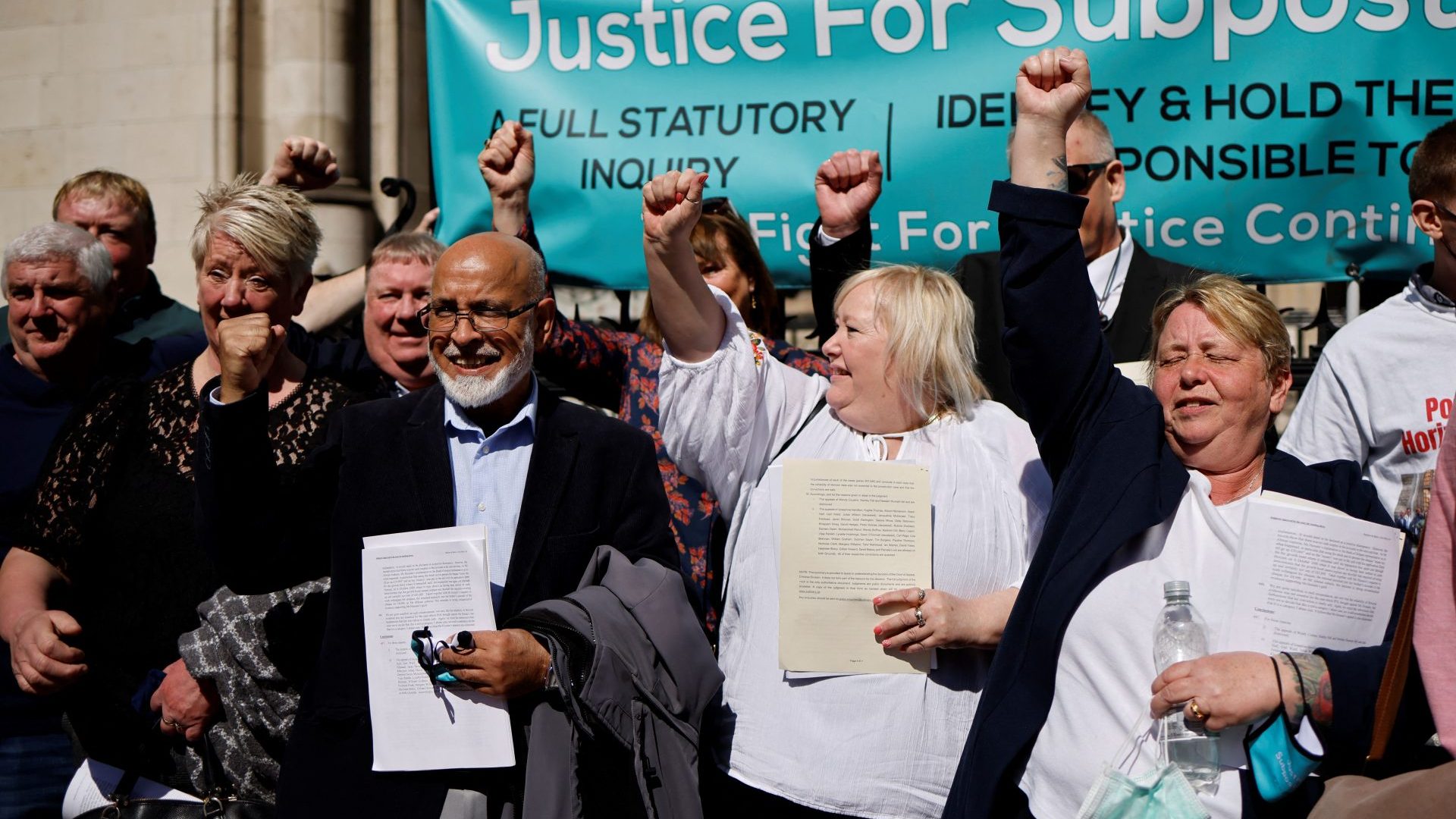Like many powerful dramas, the Horizon scandal is a story of profound human tragedy. But this is a British drama, so there is another familiar emotion running high in Westminster. Embarrassment.
I was a senior civil servant working in the Government Digital Service (GDS) ten years ago. GDS was a new team in the heart of government set up to try a different way of working in Whitehall. As well as building things like the GOV.UK website, we tried to stop the state from blundering into more disasters like the £10billion NHS IT programme, which was shuttered in 2011. Early on, the Post Office’s senior leadership came to see us. Horizon was clearly doomed by then, and GDS’s leadership said so. It was clear that neither the Post Office nor Fujitsu felt they needed to listen to us.
Some elements of Horizon are unusual. The contempt both the Post Office and Fujitsu displayed for subpostmasters speaks of especially toxic cultures. The layers of obfuscation that piled up as the wheels were coming off were egregious.
But while “government IT disaster” is a familiar trope, it’s a misleading one. IT is not the real problem here. Software has bugs, developers make mistakes; these are inevitable. Computers don’t independently make the errors that add up to ruined lives. People do. A parliamentary report as far back as 2011 had worked this out, noting the projects that tended to fail were not purely IT, but instead those “focused on implementing a particular policy initiative or reforming the way a specific part of the public service works.”
Disasters happen because when technology comes into the conversation around change and reform – and these days, it always does – senior public leaders lack confidence or curiosity. Too many are unable to scrutinise technology with the same rigour they apply to policy. To make matters worse, they have chosen to cover this discomfort by entering into marriages of convenience with large enterprise IT companies like Fujitsu. The consultants are all too happy to keep the technical stuff off their clients’ desks and minds – for a price.
All three major political parties have reason to feel shame over Horizon. So does the civil service, parliament, and the judiciary. The ministers and Whitehall departments responsible for governing the Post Office could have sounded the alarm far earlier. But they didn’t. At best, this amounts to hubris. Crossing one’s fingers and hoping the IT consultants kept their promises does not amount to effective leadership. But what’s more troubling is the sense that those senior figures knew their peers didn’t expect them to have those skills. A generalist civil service offered cover for a culture that values ability with words above expertise in delivery.
Horizon is not exceptional. The same root causes of failure are present in several huge government projects that are happening right now. Each of those carries a big price tag and deep consequences for many people. Horizon is representative of systemic weaknesses at the heart of government. They have been present for 25 years or more. They are still there. And without change, it’s not a question of whether there will be another Horizon. It’s when.
If by happy chance lightning doesn’t strike the UK next year, it could easily do so elsewhere. Australia’s Robodebt scheme was meant to automate the clawback of welfare overpayments using an algorithm. It was described as a “massive failure of public administration,” by a federal court judge after issuing 470,000 debts incorrectly. The subsequent inquiry led to the Australian government being forced to pay a AUS$1.8bn settlement, and their advisers PwC paying back nearly AUS$1m in fees.
Scarily, a global catalogue of failure over several decades has done nothing to diminish the UK establishment’s confidence in their preferred IT suppliers. AI theatrics are the latest silver bullet offered by the technology hype cycle – a scrum of government ministers are jostling to be the first to shoot themselves in the foot with it. Labour’s recent proposal of a unique school pupil ID number carries the whiff of another expensive database. Yet Labour tried something similar with prisoners in 2009. It ended up with a shambles that cost more than three times the original budget.
Stopping the self-harm is a must. But there’s also a huge opportunity. The head of the National Audit Office said this week that the UK could save £20 billion a year with better governance, including of procurement and IT.
Leaders from across the political spectrum need to recognise that the status quo of officials and ministers pontificating over policy minutiae while the IT consultants make hay must stop. A new administration would be well advised to stop other things too. It is a near certainty that there are multiple large projects in the government’s £805 billion portfolio that are beyond salvation. At this point, it would be a positive mercy to stop them; not least to the voters who are paying for them.
There are more than enough sequels on television these days. Let’s not have another one.









